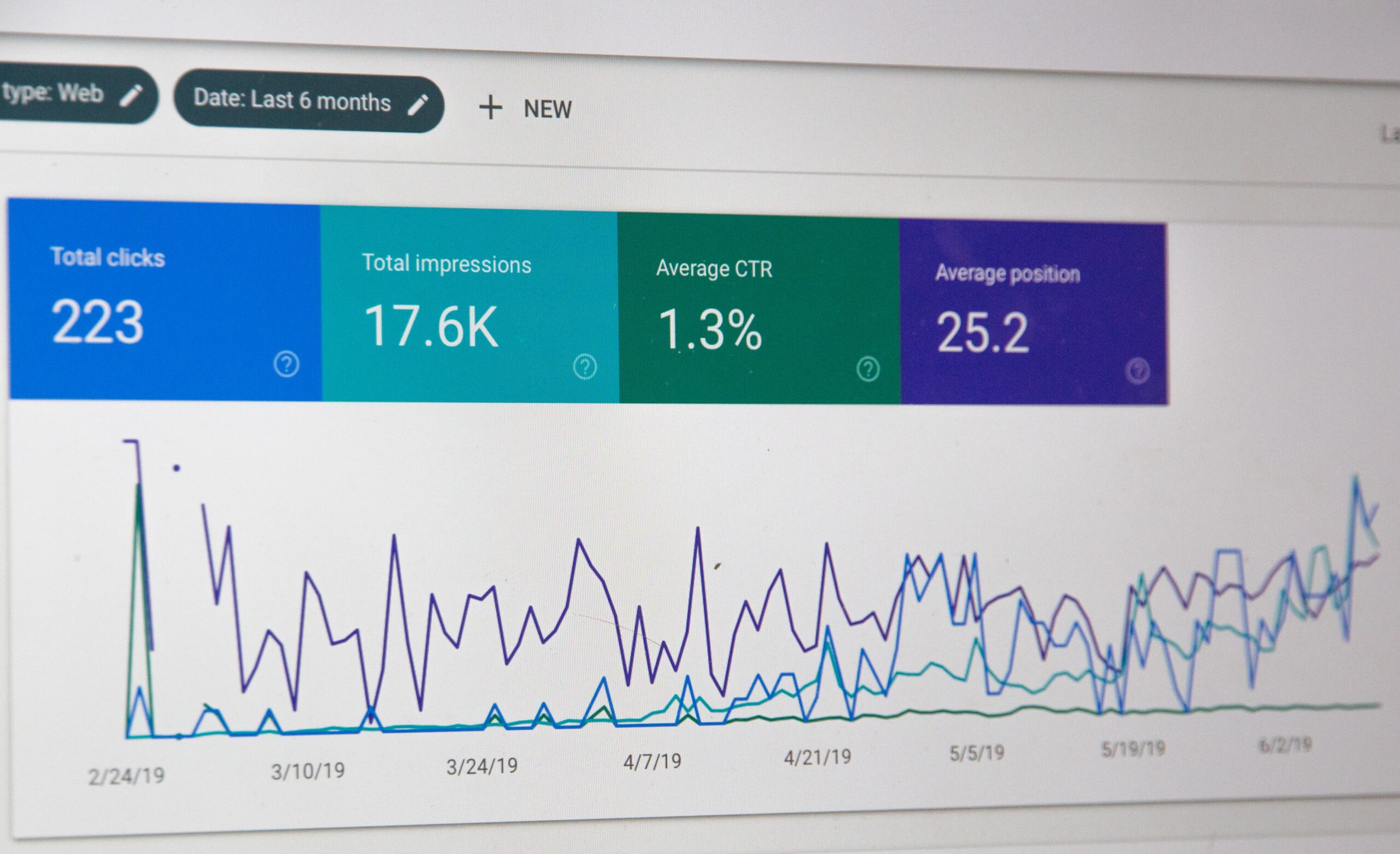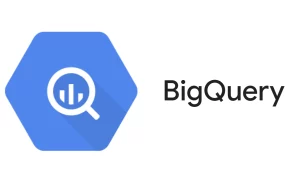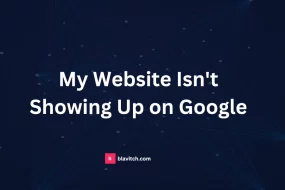- Home
- Search Engine Optimization
- How to optimize your website f ...

Local SEO is not complicated, but there’s a lot of misinformation out there, and it’s easy to waste time chasing unimportant ranking signals. In this guide, we’ll explain the basics of local SEO, help you understand how Google recognizes and evaluates business locations, and show you what you can do to improve your search rankings locally.
What is local SEO?
Local SEO is a type of search engine optimization (SEO) that helps your business be more visible in search results for local searches.
As a small business owner, you may be wondering what local SEO is and how it can benefit your business. Local SEO is a type of search engine optimization (SEO) that helps your business be more visible in search results for local searches.
For example, if you own a coffee shop in L, you want your website to show up when someone searches for “coffee shops in Seattle.” Local SEO can help make this happen.
It levels the playing field, so to speak
Local SEO is important for small businesses because it allows them to compete against larger companies in their local area. It levels the playing field, so to speak.
Consider this scenario: A customer is looking for a new place to get coffee. They open up their search engine and type in “coffee shops in Seattle.” The search engine returns a list of results, which includes both large, national coffee chains as well as local coffee shops.
The customer is more likely to choose a local coffee shop than an international chain like Starbucks or Peet’s Coffee & Tea because it’s more convenient and likely closer to home or work than the larger chain locations
Benefits of local SEO
There are many benefits of local SEO, but here are some of the most important ones:
1. It helps you target your local market: When you optimize your website for local SEO, you are essentially targeting your local market. This is beneficial because it allows you to focus your marketing efforts on a specific group of people, which is more likely to convert into sales.
2. It helps you improve your search engine rankings: One of the main benefits of local SEO is that it can help you improve your search engine rankings. This is important because it can help you attract more organic traffic to your website, which can lead to more sales and conversions.
3. It helps you build brand awareness: Local SEO can also help you build brand awareness for your business. This is important because it can help you attract more customers and clients, which can ultimately lead to more sales.
4. It helps you save money: Local SEO can also help you save money on your marketing budget
How to do local SEO
Local SEO might be your biggest untapped marketing channel to drive local sales. According to Moz, almost 30% of Google searches are related to finding a local company. But, if you’ve tried it before, you know it can be super confusing.
The top of the search results is where you want to be if you are trying to get your local business noticed. After all, around 95% of searchers never go past the first page and almost 60% will click on a result in the top 3. This means that a site that’s struggling on page 2 of Google is hardly going to get much traffic, right? That’s why Local SEO is so important.
As a local business owner, if you haven’t yet tapped into the powerful resource that is local SEO, it’s high time you did. Chances are your competitors are already on it, and since 97% of consumers search for businesses online, it’s only natural to want to leverage your online presence to be found by prospective customers.
Types of Businesses That Need Local SEO
- Bars and restaurants
- Law offices
- Local contractors
- Plumbers
- Real estate companies
- Medical service providers
- Stores and boutiques
- Hair salons
- Local non-profit organizations
- Coffee shops
- Local consultants
- Manufacturers
- Local marketing agencies
- Museums
- Auto dealers
- Photographers
- Colleges and universities
- Casinos
- Organic food shop
Tips for optimizing your website for local SEO
Optimizing your website for SEO does not have to be a bunch of made-up, or nonsense keywords. Local SEO is an invaluable strategy for local businesses. The fact that all of your competitors are using Google My Business is irrelevant to you and your audience.
When you optimize your page load time, you can expect your bounce rate and average time on the page to decrease. To truly optimize, you need to know what questions people are asking and then incorporate those questions into the SEO copy.
The following are some tips that will help you optimize your website for local SEO and increase the number of searches your site’s ranking in. So, if you are looking to improve the way your site works, it won’t hurt to take a look at what you can change or add to improve it.
About Us page
Update your “About Us” page with location information and a map
NAP(Name, phone number, and address)
Add a local phone number and address to the top of your website
Google My Business
Add an address to your Google My Business account.
Optimize your website for mobile
Optimize your website for mobile, which includes adding geotargeting information and local keywords to your site (i.e., “Lagos” for businesses in the city)
Add local links from other websites
Add local links from other websites (i.e., Yelp or Facebook) so that people can find you online and click through to your site
Perform reverse image searches
Perform reverse image searches on images on your site to find if they are being used elsewhere online.
Optimize your page
Make sure all of your pages are optimized for search engines (i.e., no Flash elements) and include structured data wherever possible (i.e., schema markup)
Create content that is specific to local customers
Create content that is specific to local customers, including neighborhood guides or guides about how to visit certain areas of town during certain times of the year or events like conventions or festivals.
Embed an accurate, up-to-date map on your website
Embed an accurate, up-to-date map on your website, including multiple options for directions. Incorporate local keywords into your text and meta descriptions for search listings.
Upgrade to a secure SSL
Optimize your website for mobile devices and upgrade to a secure SSL certificate to ensure users don’t get warnings from Chrome or Firefox when they go to your site.
Offer current opening hours and contact information,
Make sure your website takes advantage of analytics. Offer current opening hours and contact information, including phone numbers and email addresses so people can easily reach you when they have questions.
Don’t forget about keywords
Don’t forget about keywords – use them naturally but take advantage of all the spaces available! Be consistent in your messaging across all of your digital properties, but also be sure that documentation matches the URLs used.
NAP(name, address, and phone number)
One of the easiest ways to optimize your website for local SEO is to make sure that your NAP (name, address, and phone number) is consistent across all of your digital properties. If a customer can’t find this basic information when researching your business online, there’s a good chance they’ll leave.
It’s about the experience you create for customers
This post isn’t likely to make you an expert on local SEO, but it should help clarify some of the best practices that most retailers will benefit from. The key takeaway here is that local SEO is about more than just your physical address. It’s about the experience you create for customers, and how your business reflects their needs both online and off.
We hope this quick list has been helpful for those looking for ways to optimize their websites for local SEO!







